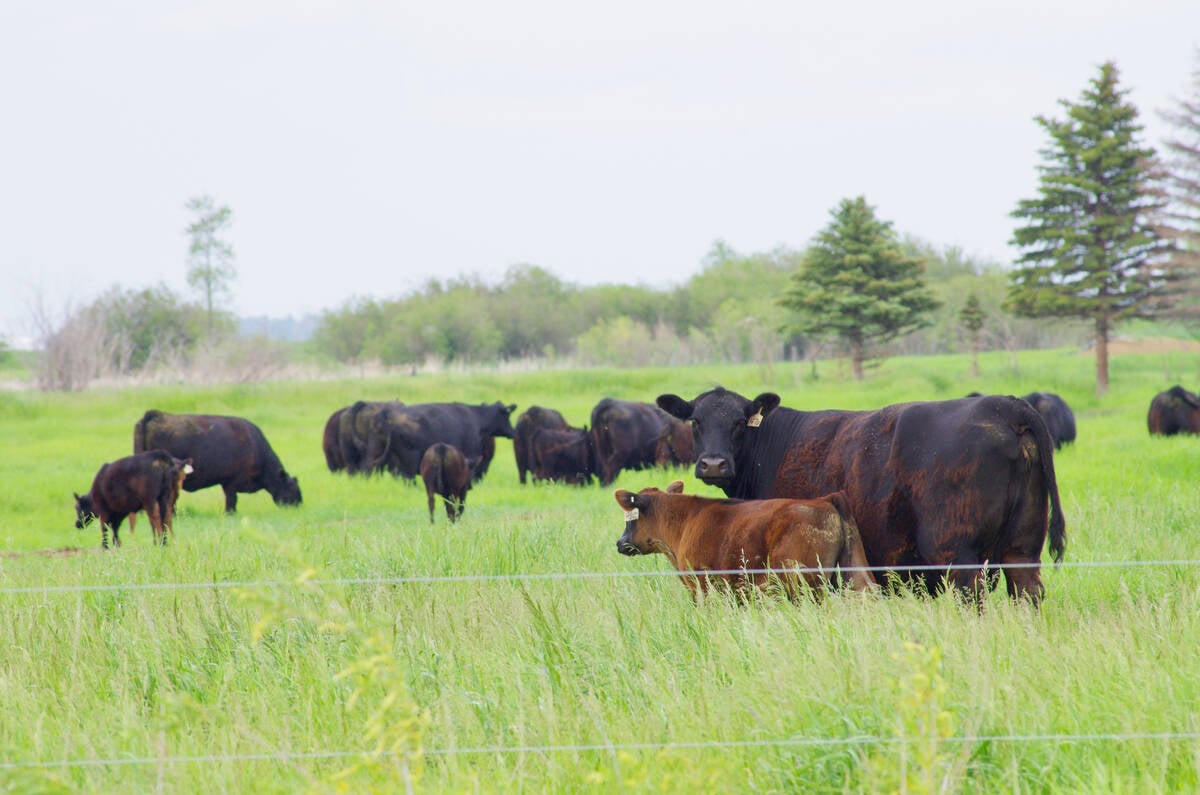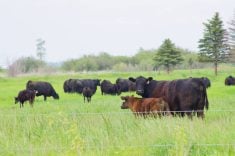CALGARY – Alberta is defending its decision to end its participation in the Net Income Stabilization Account next year.
However, some delegates at the annual Alberta Wheat Pool meeting in Calgary told Walter Paszkowski, the province’s agriculture minister, they are not pleased with the decision.
Rene Blanchette of Girouxville said the program had merits.
“We finally put together an insurance program for the farmer that is bulletproof and now we’re proposing to drop it,” said Blanchette.
Paszkowski told delegates the program has some major flaws.
Read Also

Tick research from the University of Manitoba focuses on insects and testing
Manitoba researchers are looking into the effects of tick and fly disease in cattle.
British Columbia announced last week that it will move away from NISA as well because of concerns with the program, said Paszkowski.
“The issue with NISA is that it is commodity specific and world trade doesn’t allow for commodity-specific programs,” he said.
Paszkowski wants the plan presented to the world trade organization for a ruling to ensure it is acceptable. He said Alberta’s Farm Income Disaster Program went to the organization for a decision and no concerns were raised, he said.
FIDP is designed to provide aid when a major disaster strikes farmers. He referred to the northeastern region of the province which sustained a decade-long drought until this fall. Paszkowski said farmers had drained their NISA accounts and had no cash left.
He is also concerned about beginning farmers hit with a major crop disaster before they had time to build NISA bankrolls.
“We have to find some process that’s going to allow the energy of the industry to carry on to our youth and our beginning farmers. We have to find a way so they’re not subject to the wrecks that are out there…. If we leave them out there on their own we’re going to lose this industry,” said Paszkowski.
Another fault with NISA is that the money ultimately leaves agriculture when a farmer retires. He can withdraw the account and move on.
“There are many components of the industry that are uncomfortable with NISA,” he said.
If NISA is reassessed and developed into a whole-farm program rather than a single-crop plan the province would reconsider its plan to withdraw, he said.

















